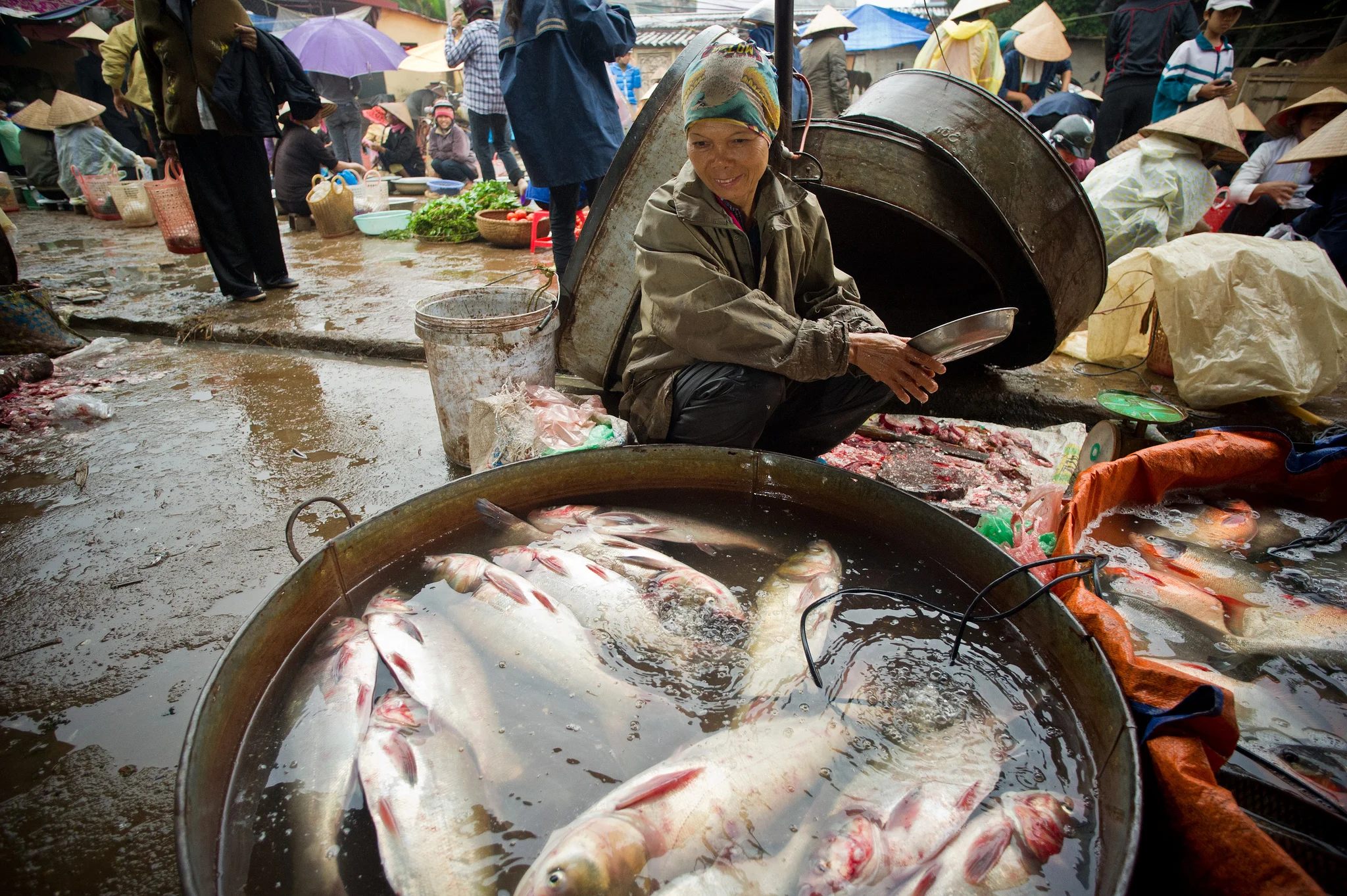If you have been even remotely interested in the current election cycle, you were bound to have heard the acronym TPP (Trans-Pacific Partnership) thrown around. What you may not realize is just how much this will impact the restaurant industry and why you, as operators, should be more informed.
I’m not here to tell you whether you should support this trade agreement or pan it, but I do want you to know one of the direct consequences of its ratification. It will all but eliminate any safety controls we can place on foreign food imports.
If you don’t know this already, barely 1% of all food imported into the U.S. is FDA inspected. Let me put that in another way. Ninety-nine percent of all imported food goes without direct inspection by any government agency.
You’re probably thinking, so what? We are the world’s breadbasket; imported foods can’t be that big a chunk of our food supply. You’d be surprised. In 2013, imports accounted for 19% of U.S. food supply which is a big number. In terms of pounds of food, it was a staggering 123,000,000,000 lbs.
This wouldn’t be so terrifying if we were sure that our trading partners used the same standards the FDA follows to determine food safety. They don’t, however, and the Trans-Pacific Partnership is going to make that a lot worse.
How the TPP will effect your restaurant
To start, the TPP would require the US to allow food imports if the exporting country only claims — not demonstrates — their safety standards is "equivalent" to our own. This is true even if that country violates the key principles of our food safety laws. These rules would effectively outsource domestic food inspection to other countries.
Let’s take Vietnam as an example. They are a major exporter of fish to the U.S. We already know that there are high levels of contaminants in their fish and we currently only inspect about 1% of their imports. Under the TPP agreement, any attempt to block those imports could trigger trade sanctions.
Additionally under the TPP, any U.S. food safety rule on pesticides, labeling or additives that is higher than international standards would be subject to challenge as "illegal trade barriers." Consequently, the U.S. could be required to eliminate these rules and allow in unsafe food or face potential sanctions.
These same trade regulations will also change the labeling rules that we currently enforce in our own country. The TPP would also endanger labels identifying genetically modified foods and labels identifying how food was produced. The TPP would expand the limits on consumer labels already included in existing "trade" agreements, like the World Trade Organization.
To make things worse (if you can even imagine), under the TPP a foreign meat processing or food corporation operating within the United States could directly challenge our policies that they claim undermine their expectations, meaning a barrage of new demands for taxpayer compensation.
We already have exposure from various dangerous pathogens such as ecoli, salmonella and the norovirus. We don’t need to be open to outside dangers while trying to manage domestic food safety. We've already seen what foodborne illnesses can do to a restaurant when it becomes widespread. The TPP could open up restaurants and their diners to more of that.
Sadly, it seems apparent that a trade deal that makes our food supply less safe is not a particularly thoughtful enterprise.
Vietnam fish market image by Asian Development Bank



